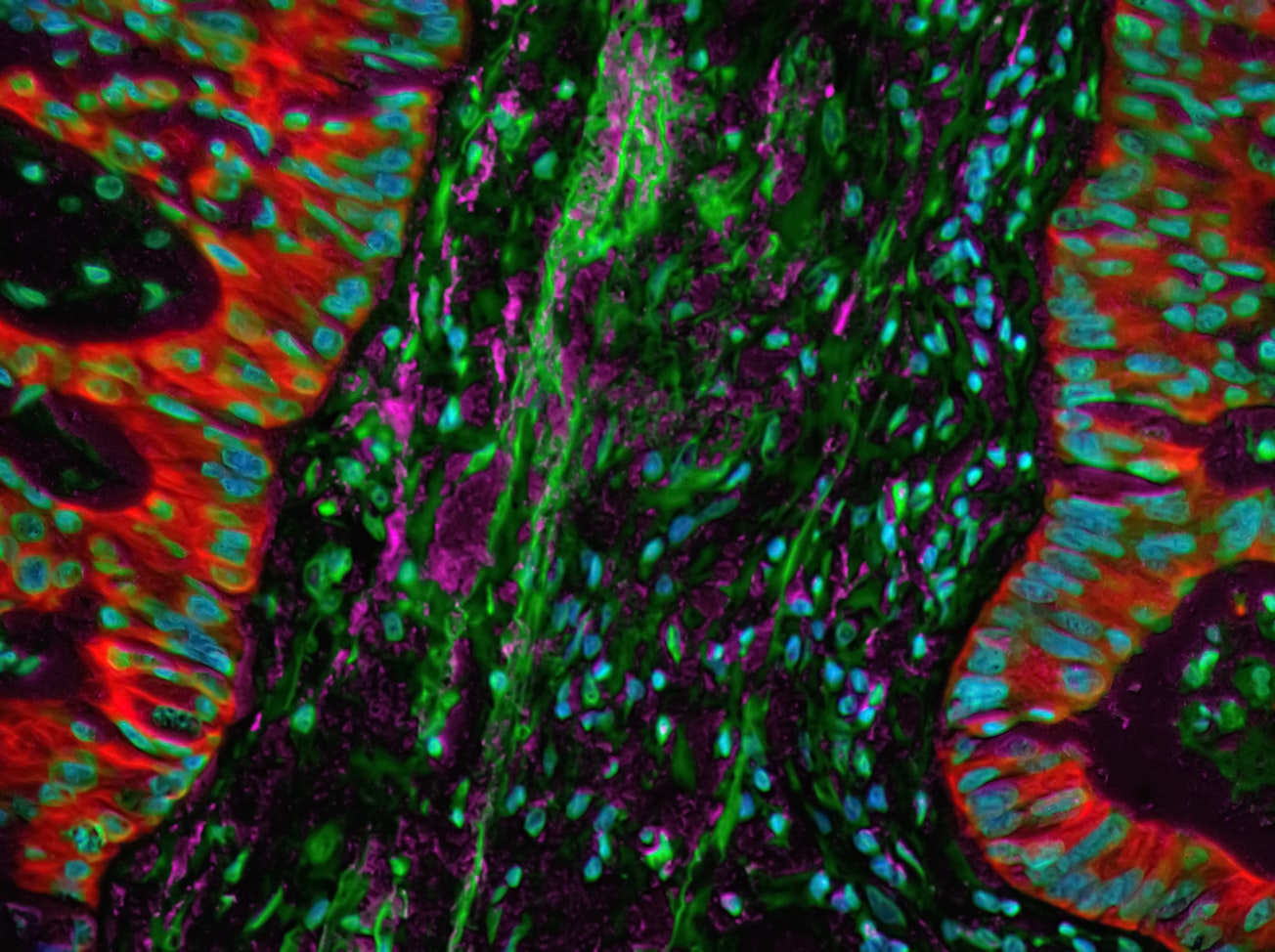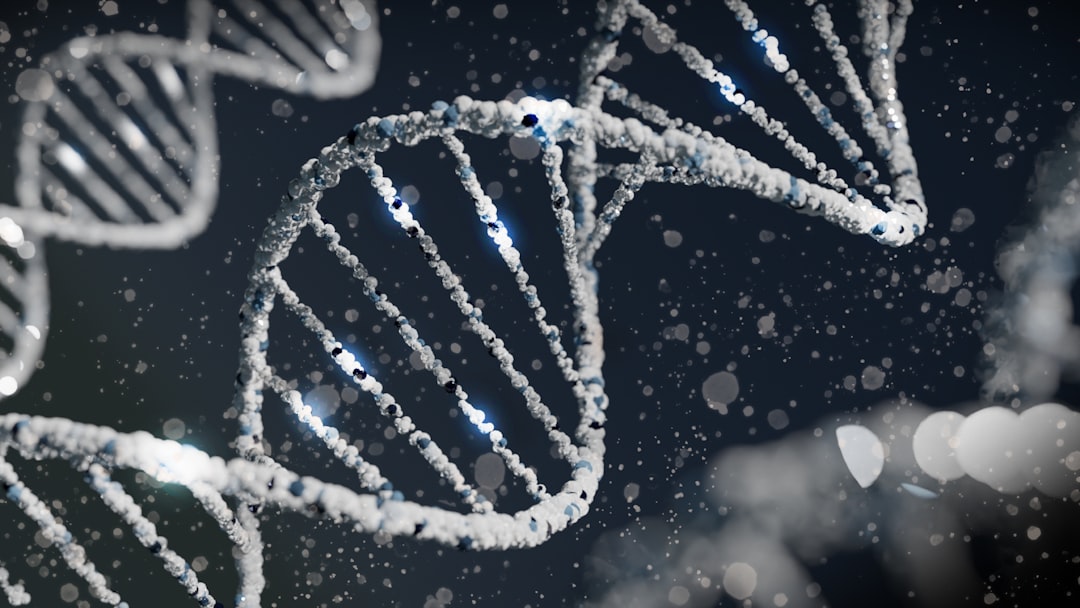What is it about?
We found that the expression of tumor-suppressive sST2 was remarkably decreased in colon cancer cells under hypoxia and investigated the molecular mechanism. sST2 is a decoy receptor for interleukin 33 (IL-33) and inhibits IL-33-induced tumor-promoting bioprocesses. While IL-33 functions extracellularly as an inflammatory cytokine, it is thought to be involved in the regulation of gene expression in the nucleus, but the details remained unclear. In this study, we demonstrated for the first time that hypoxia-inducible factor (HIF)-dependently increased nuclear IL-33 binds to the transcription factor GATA3 and represses GATA3-mediated sST2 gene transcription. Hypoxia-induced sST2 downregulation was observed not only in colon cancer cell lines, but also in hypoxic regions of human and mouse colorectal cancer tissues, suggesting that it may promote malignant progression. Indeed, hypoxia-induced sST2 reduction in tumor tissue was accompanied by increased numbers of inflammatory helper T cells, regulatory T cells, and tumor-associated macrophages, as well as enhanced tumor angiogenesis. Therefore, we generated mouse colon cancer cells with upregulated sST2 expression in response to hypoxia and transplanted them into mice. The results showed that downregulation of sST2 expression in hypoxic tumor regions was improved, effectively suppressing tumor growth and distant metastasis to the lungs.
Featured Image

Photo by National Cancer Institute on Unsplash
Why is it important?
Despite advances in colorectal cancer treatment, its morbidity and mortality are still increasing worldwide. Even with modern medicine, it is extremely difficult to treat advanced colorectal cancer with distant metastasis. In this paper, we demonstrated that enhanced sST2 expression restricted to hypoxic regions of colorectal cancer tissues can effectively suppress tumor growth and lung metastasis. This suggests that treatment with sST2, which targets hypoxic regions of tumors, is also effective for colorectal cancer with distal metastasis. Our research should provide findings for the establishment of new treatments for untreatable advanced colorectal cancer.
Perspectives
The antitumor effect of hypoxia-induced sST2 on colorectal cancer is based on the improvement of the inflammatory tumor microenvironment, which is significantly different from conventional anticancer agents that focus on cell-killing effects. Therefore, it is possible that the knowledge obtained from this study can be used to establish colorectal cancer treatment strategies with new approaches in the future. Hypoxia-induced sST2 is also thought to be effective for colorectal cancer with metastasis and is expected to lead to the development of new treatments strategies for refractory advanced colorectal cancer.
Miho Akimoto
Teikyo University
Read the Original
This page is a summary of: Hypoxia induces downregulation of the tumor-suppressive sST2 in colorectal cancer cells via the HIF–nuclear IL-33–GATA3 pathway, Proceedings of the National Academy of Sciences, April 2023, Proceedings of the National Academy of Sciences,
DOI: 10.1073/pnas.2218033120.
You can read the full text:
Contributors
The following have contributed to this page










